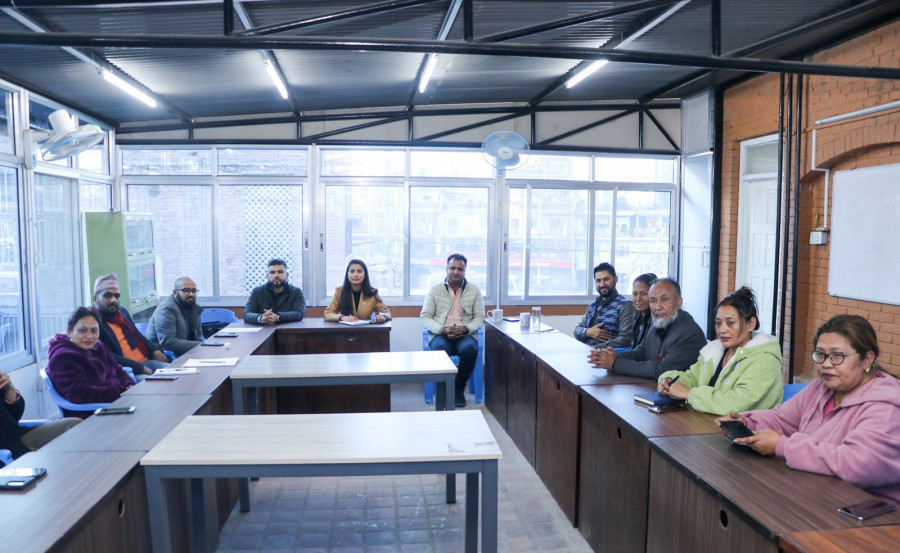Editorial
What next for RSP?
At no time should a party be synonymous with a single leader who is seemingly irreplaceable.
The Rastriya Swatantra Party (RSP) has been on a roller-coaster ride since its formation six months ago. As the party swiftly rose to power, the number of challenges it faced grew as well. The party has undergone dramatic changes just in the past couple of days, greatly worrying its leaders and supporters alike. The organisation’s very existence seemed to be in jeopardy after the Supreme Court on Friday stripped Rabi Lamichhane of all his positions (party chief, parliamentary party leader, deputy prime minister and home minister) over questionable authenticity of his citizenship. Two days later, he has already reacquired his Nepali citizenship and been reinstated the RSP president.
But legal questions will continue to hover over him. A complaint is pending with Kathmandu police, accusing him of possessing dual citizenship and passport, which is illegal. If found guilty of this criminal charge, his political career may be over. As Lamichhane has yet to come clean on various serious charges, people have started raising questions about the future of his party. The RSP is so disproportionately reliant on him, few think the organisation can survive if he is out of the picture. In the November elections, it was largely Lamichhane's personality cult that won the party votes across the country.
This overreliance of a national political party on a single leader is detrimental for the organisation’s health and longevity. As they say, there is no better time to bring in changes than during a time of crisis—and a crisis is certainly what the RSP now finds itself in. Most of Lamichhane’s voters had expected him to play the role of a strong leader in the opposition and to work to further strengthen his party organisation. But soon after the elections, he seemed to be in a hurry to get into the government, and dragged his party into it too. Nepali political history shows that the parties with strong internal democracy thrive while the ones centred on a single leader or faction either disappear or diminish in strength. For example, dozens of political parties emerged after the 1990 political change, soon to disappear into thin air.
When it comes to collective decision-making and ensuring intra-party democracy, the RSP’s early signs aren't encouraging. When it was in the process of negotiating for power with other parties, Lamichhane had reportedly barred other party leaders from speaking publicly. They appeared tight-lipped and insecure. There also seems to be no consensual alternative candidate to lead the party in Lamichhane’s absence. But as the RSP is a party of the youth, there should be no shortage of enterprising persons willing to take over should they get the right training.
Leading a national political party is definitely a big challenge and such parties need charismatic persons in the hot seat. But at no time should a party be synonymous with a single leader who is seemingly irreplaceable. Leaders come and go but good organisations continue to not only exist but also thrive for a long time with a right system in place. At stake here is not the future of a particular party but also of Nepal’s alternative politics.




 8.22°C Kathmandu
8.22°C Kathmandu














